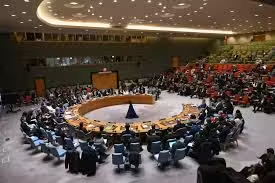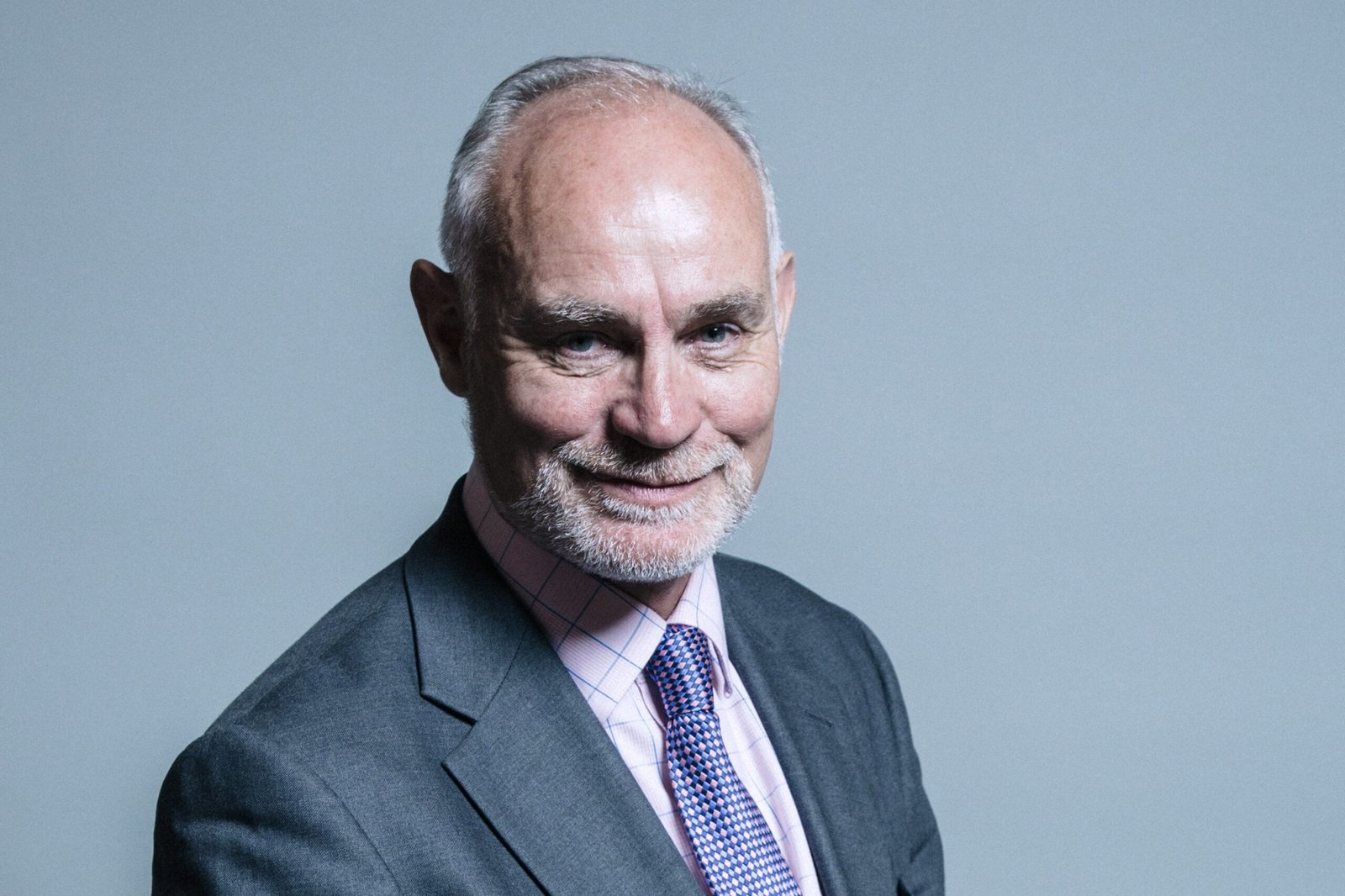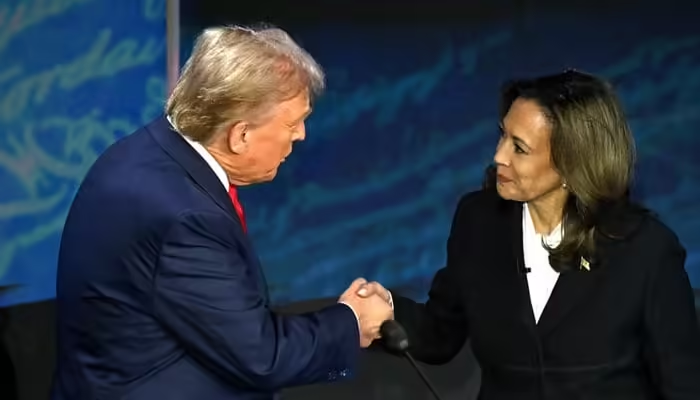A day after Iran launched missile strikes on Israel in retaliation for the killing of Hezbollah’s top leadership, the United Nations Security Council convened an emergency meeting on Wednesday to discuss ways to prevent further escalation in the volatile Middle East.
Recent clashes between rival forces in the region have brought tensions to a boiling point, with fears that the situation could spiral into a larger conflict in West Asia. The area has long been a hotspot for geopolitical unrest, and this latest episode threatens to destabilize it further.
UN Secretary-General António Guterres once again urged both parties to agree to an immediate ceasefire, while British Prime Minister Keir Starmer condemned Iran’s missile attack on Israel. Reaffirming Britain’s unwavering support for Israel, Starmer called on Iranian authorities to halt their support for proxy forces targeting Israel.
Earlier, U.S. President Joe Biden also pledged full support for Israel, declaring that the United States stands by its ally “come what may.”
In a dramatic escalation, Iran fired a barrage of ballistic missiles at Israel in response to Israel’s operations against Hezbollah in Lebanon and the assassination of Hezbollah leader Hassan Nasrallah and Hamas leader Ismail Haniyeh.
Air raid sirens blared across Israel as explosions echoed in Jerusalem and the Jordan River valley. Civilians rushed to bomb shelters as missile defense systems intercepted several incoming rockets. Reports indicate that between 150 and 200 missiles were fired in the attack, with Israeli media confirming a significant number were intercepted.
After about an hour, the Israeli military announced that the immediate threat had subsided, allowing citizens to leave their shelters. The military also vowed retaliation, with spokesperson Rear Admiral Daniel Hagari stating, “This attack will have consequences. We have plans, and we will operate at the place and time we decide.”
Emergency services reported minor injuries, with two people sustaining light wounds from shrapnel in Tel Aviv.
The Iranian Revolutionary Guards confirmed the missile strike was in response to the assassination of Hezbollah chief Nasrallah and Hamas leader Haniyeh. In a statement, the Guards warned of “crushing attacks” if Israel retaliated.
Iran’s Supreme Leader Ayatollah Ali Khamenei gave the order to launch the missiles, according to a senior Iranian official, with Tehran asserting that it is “fully ready for any retaliation.” Iran’s mission to the United Nations described the missile strike as a “legal, rational, and legitimate response to terrorist acts.”
As the international community scrambles to de-escalate the situation, fears of a prolonged conflict loom large over the Middle East.



